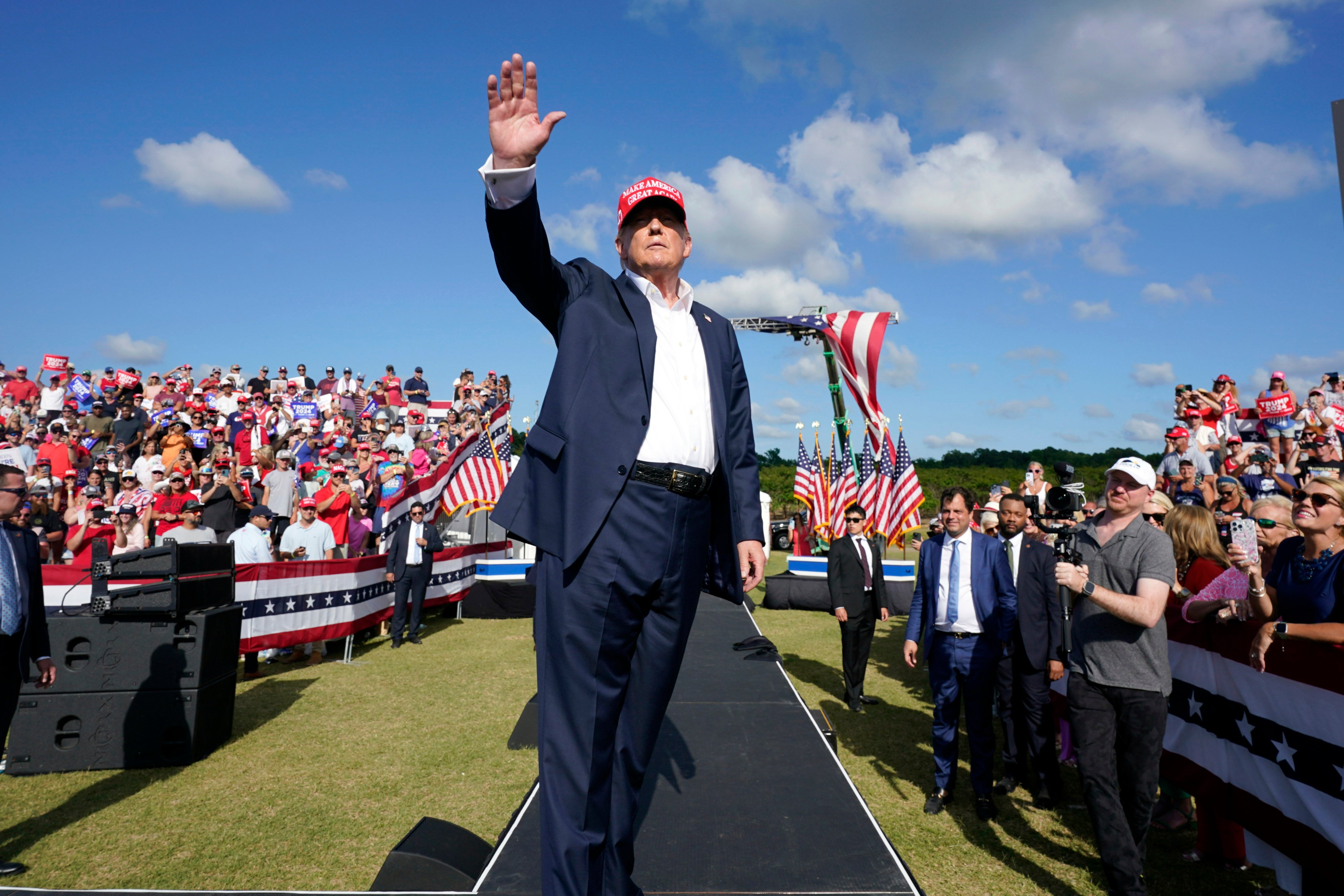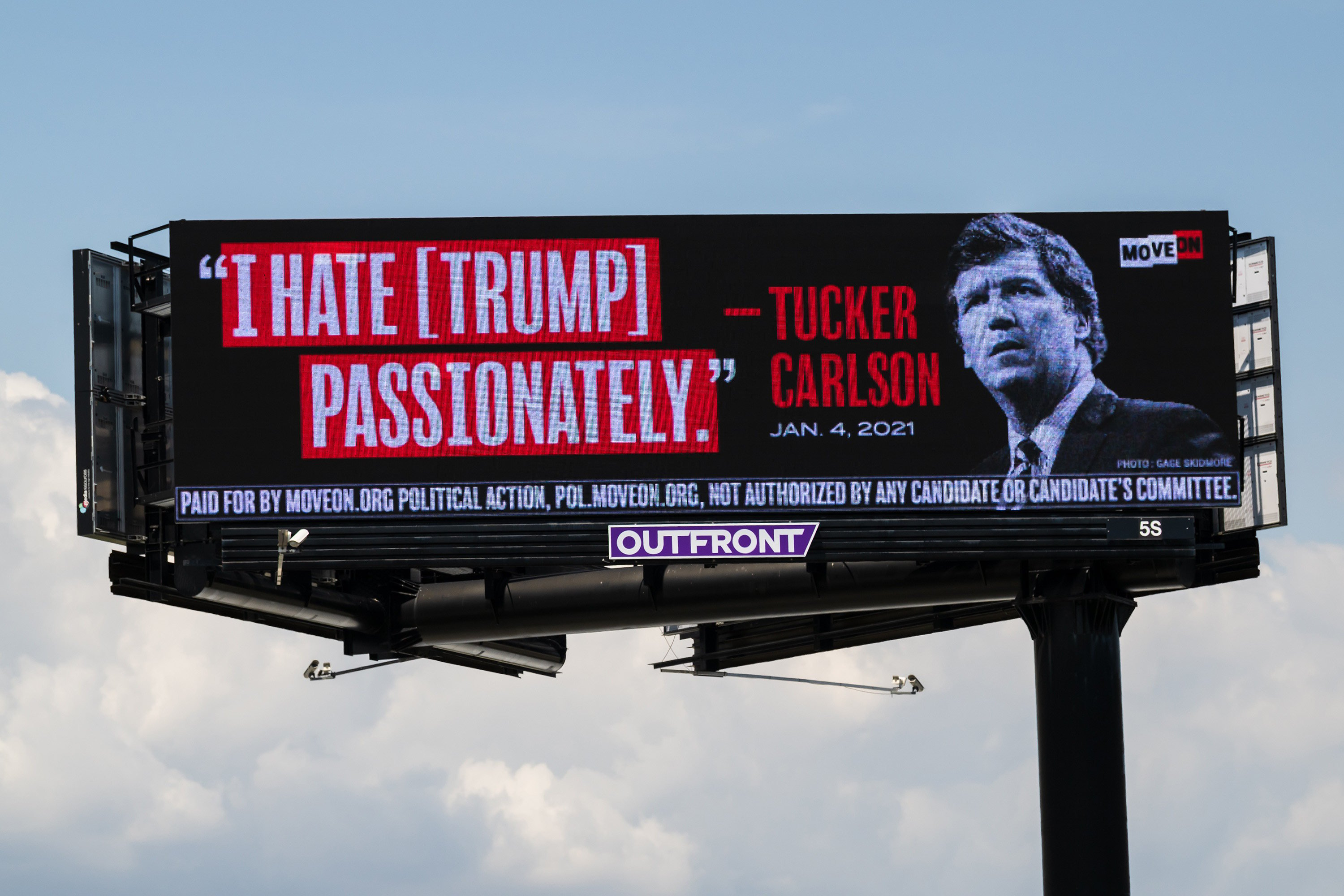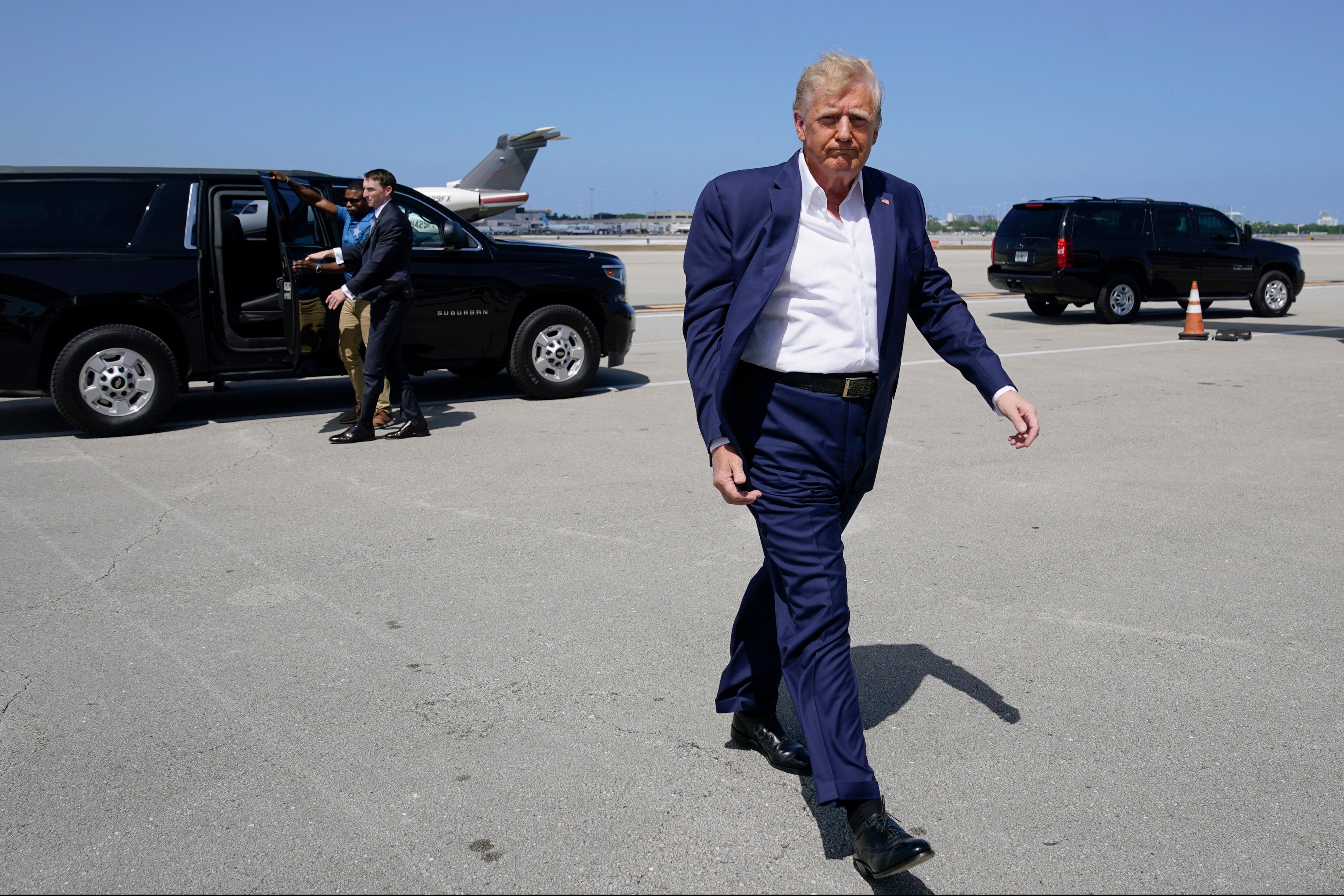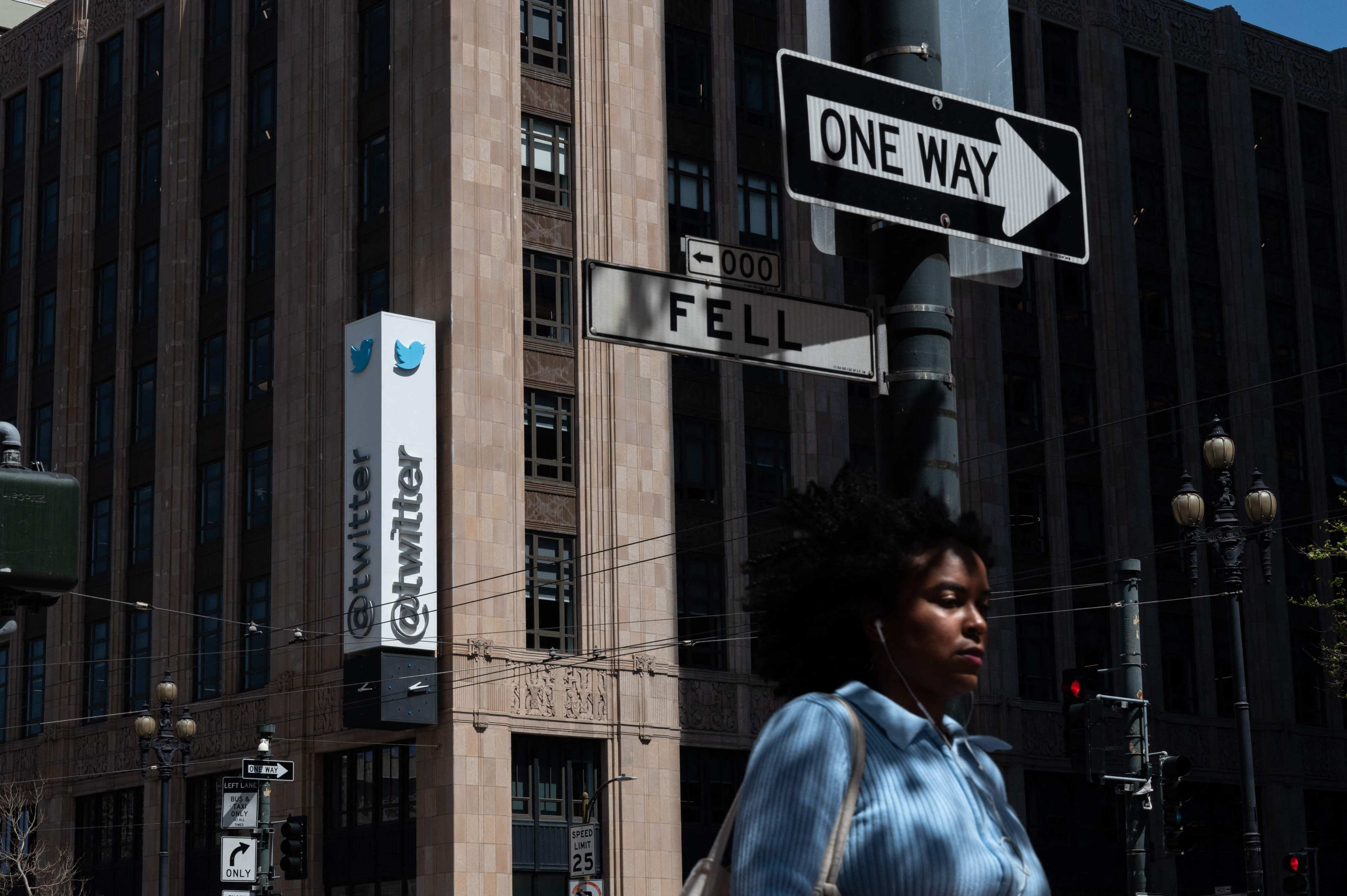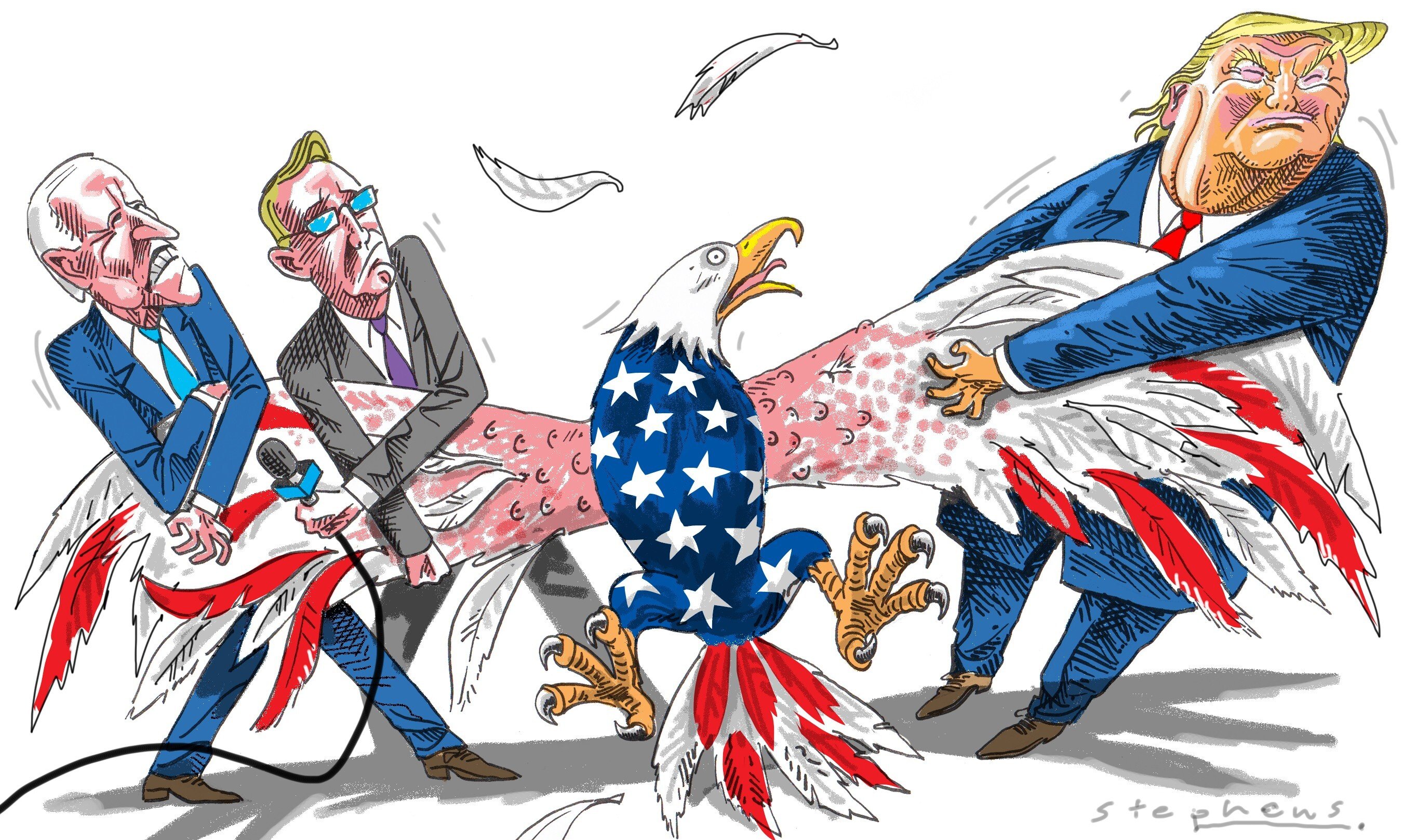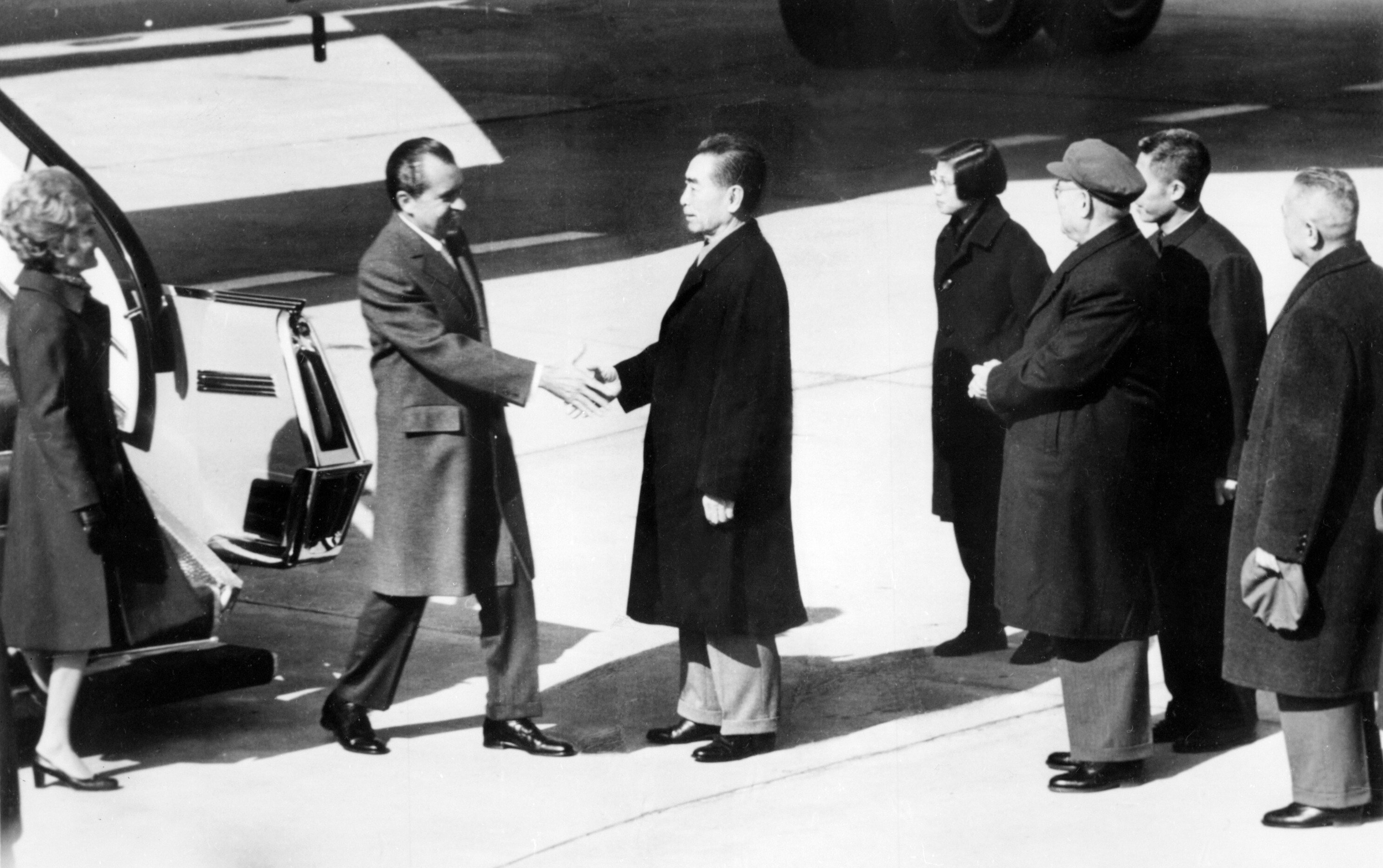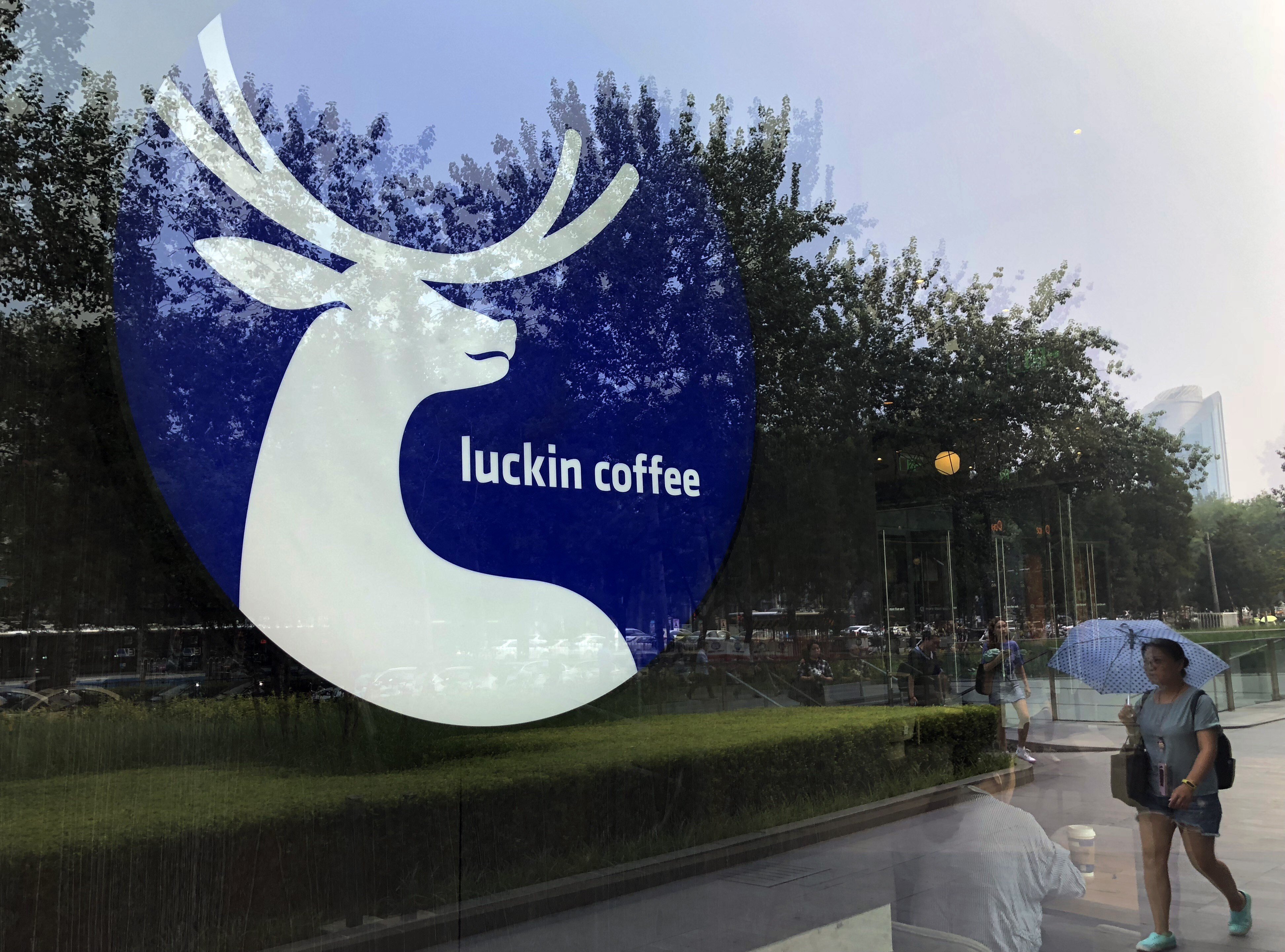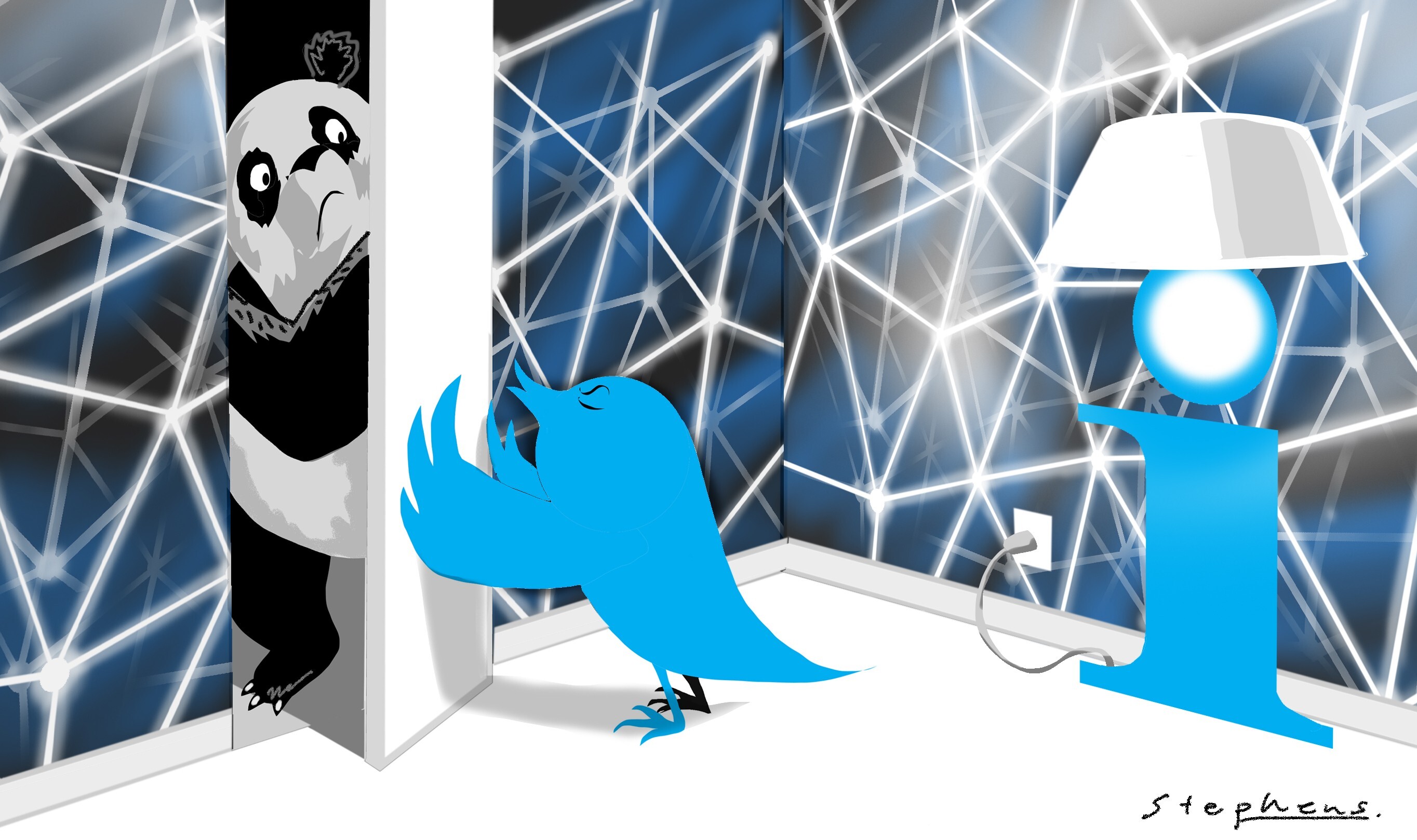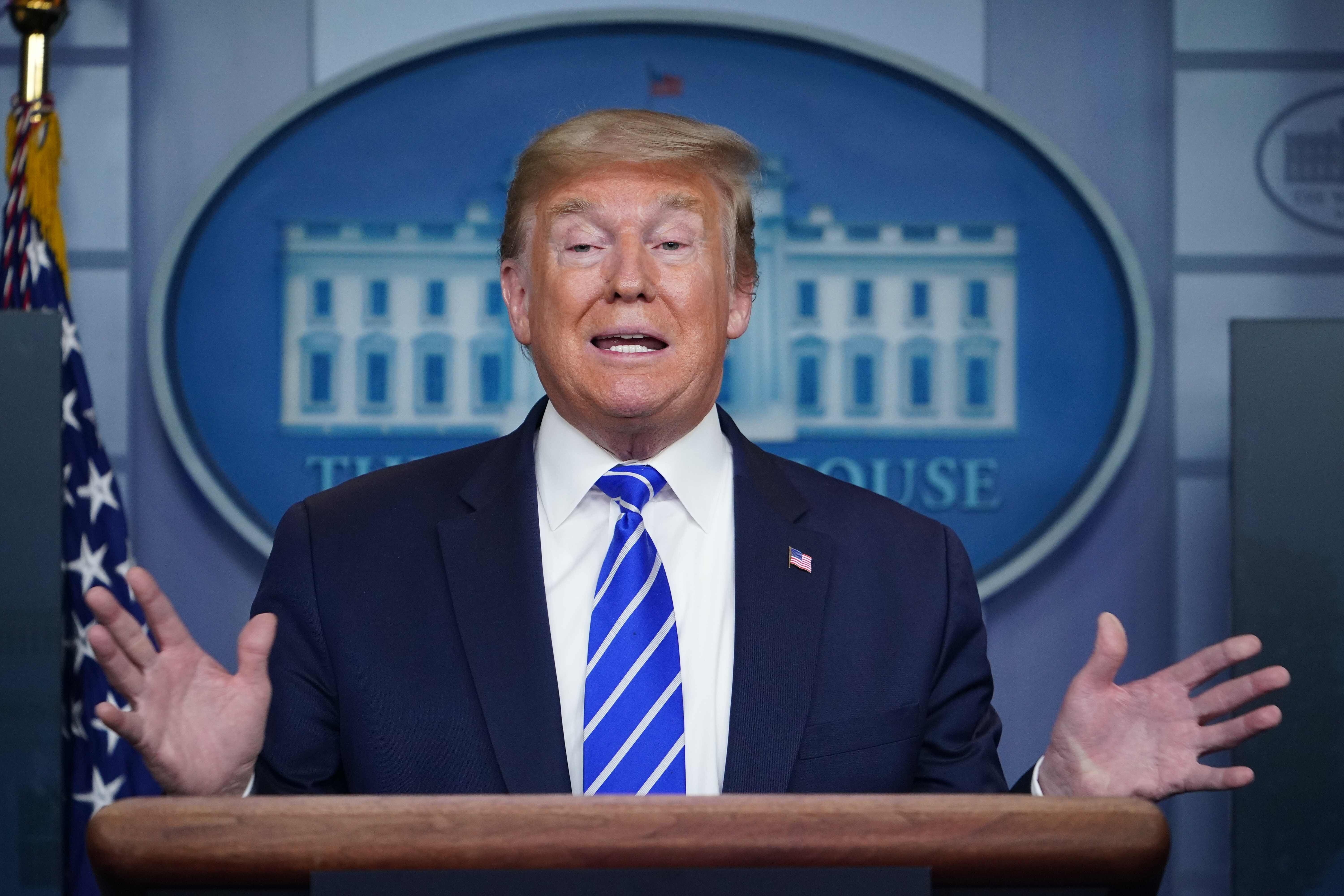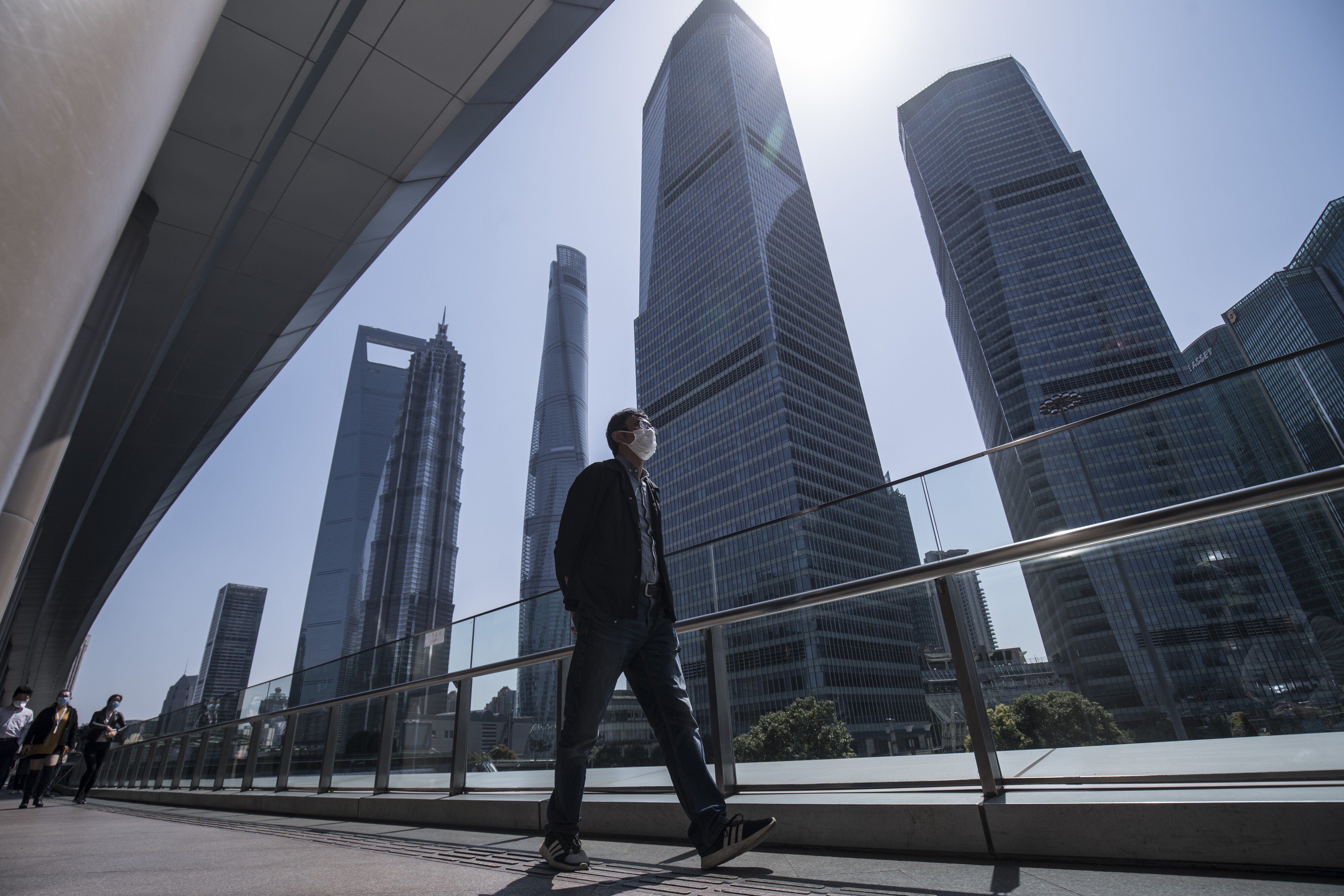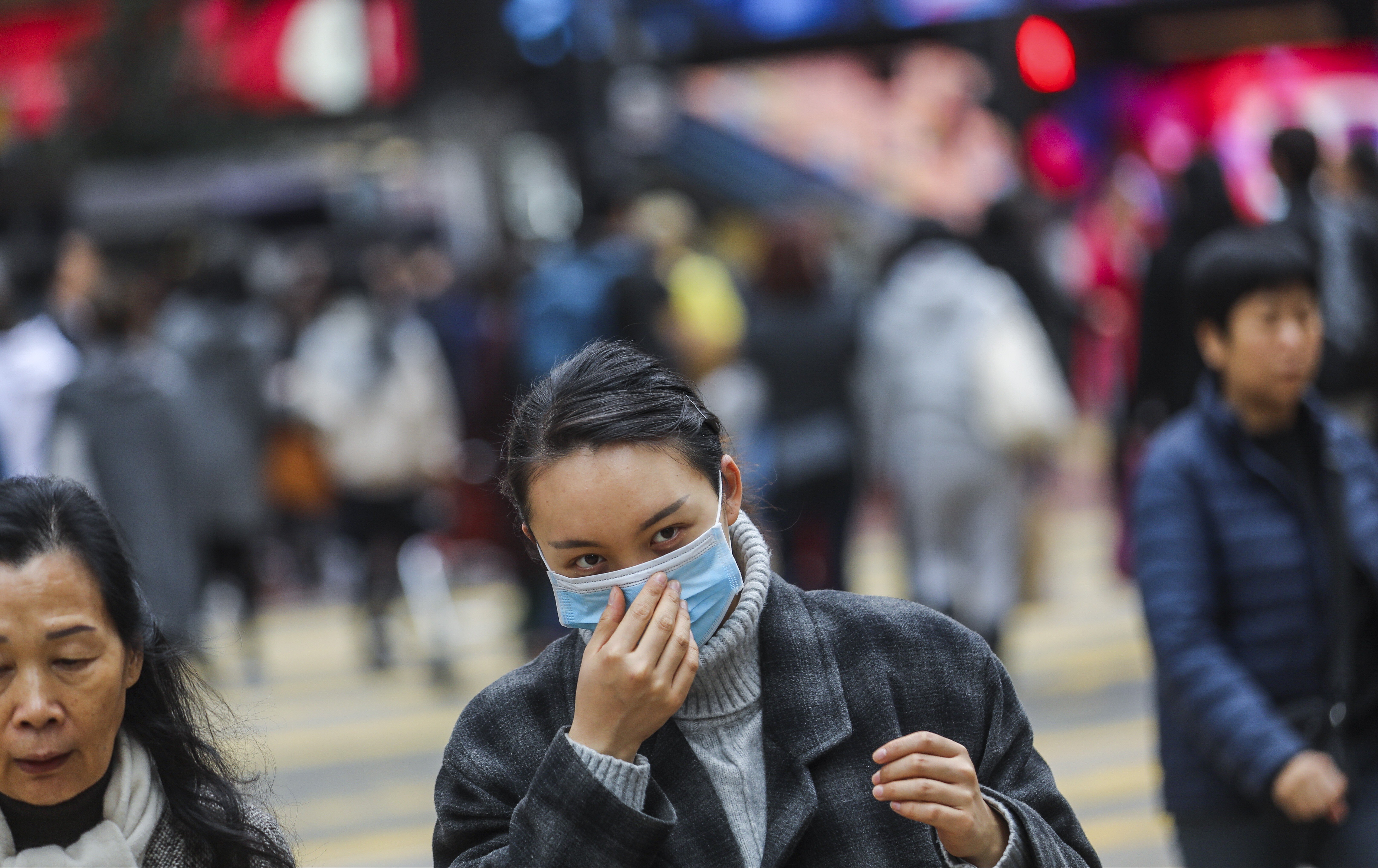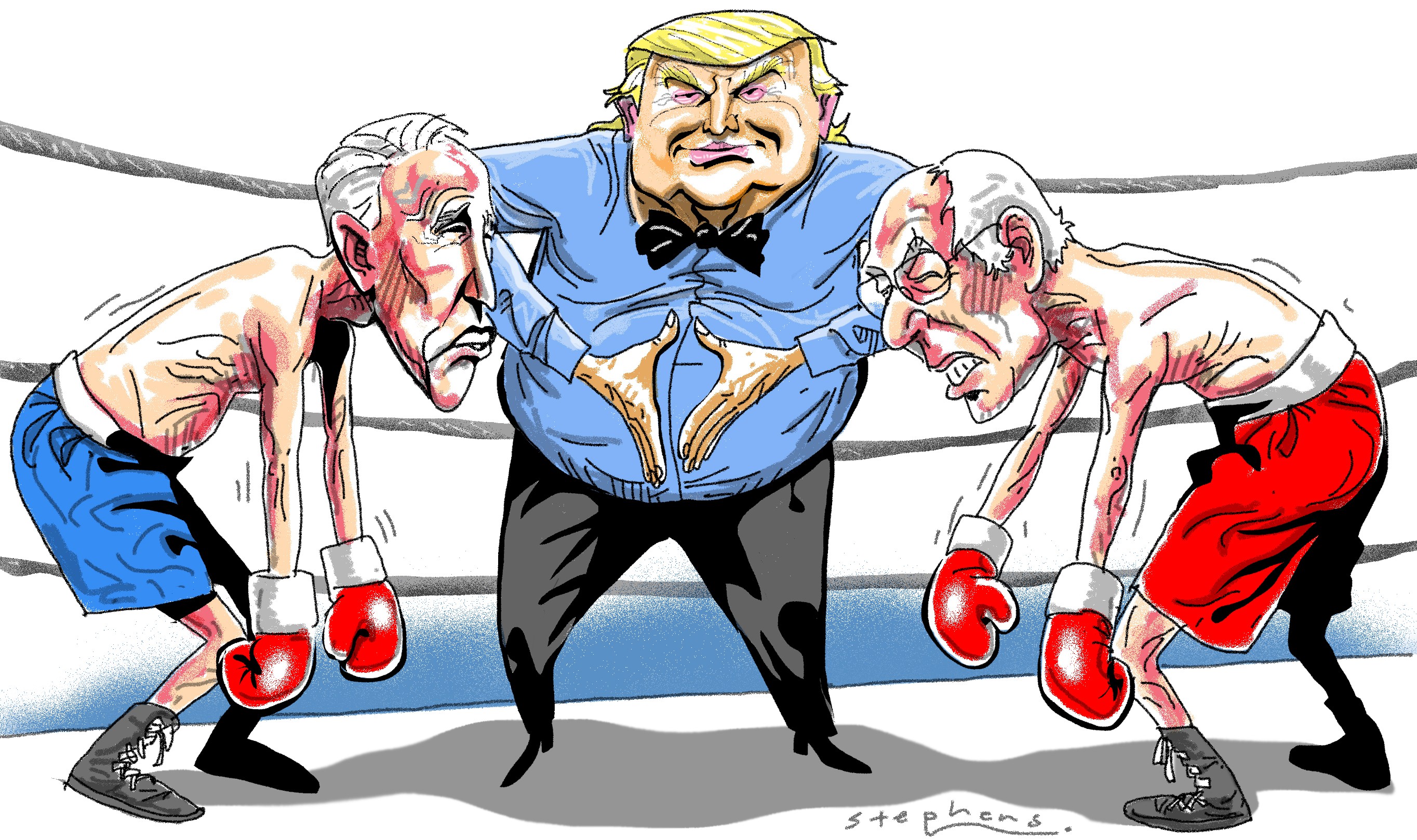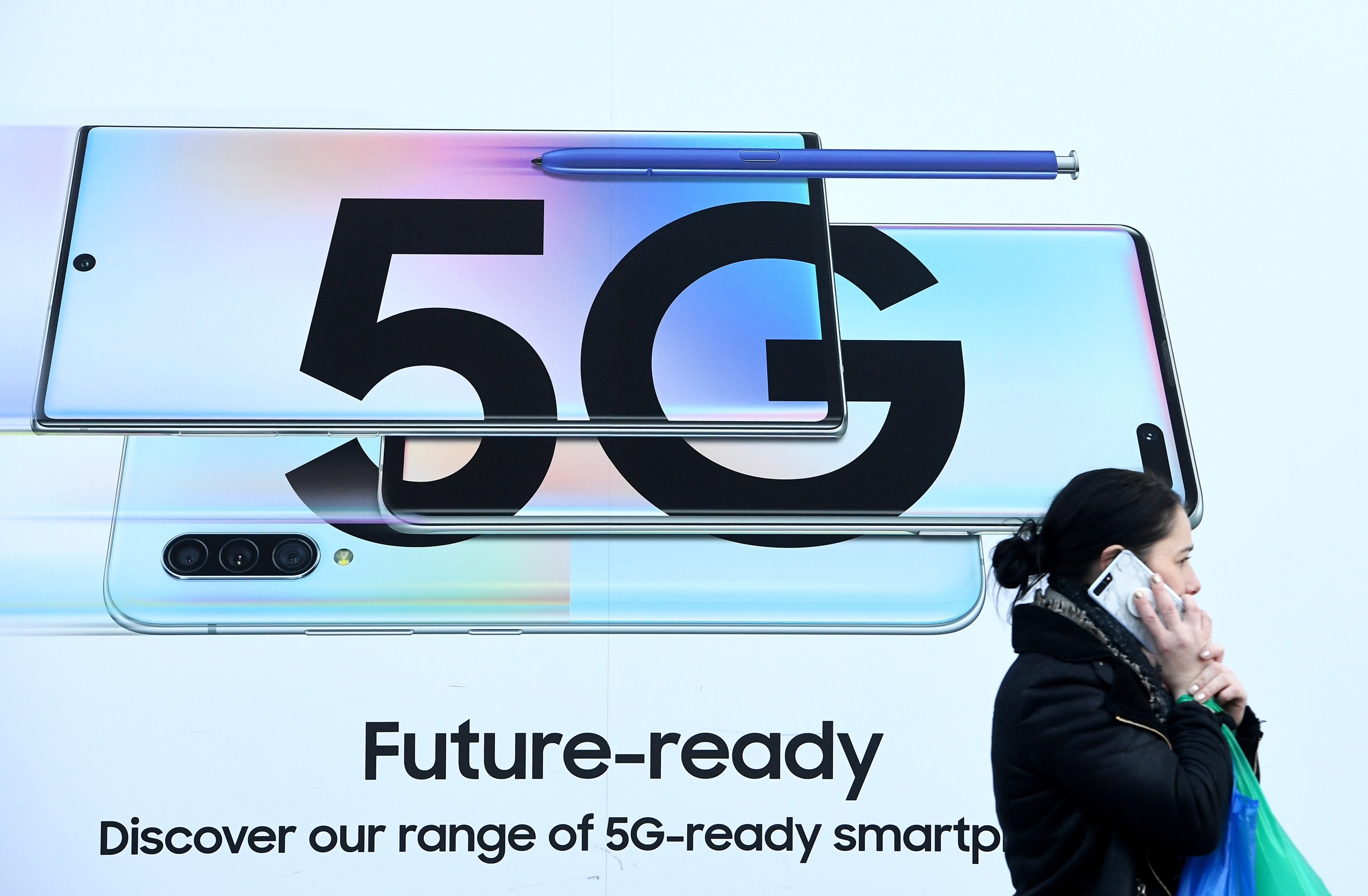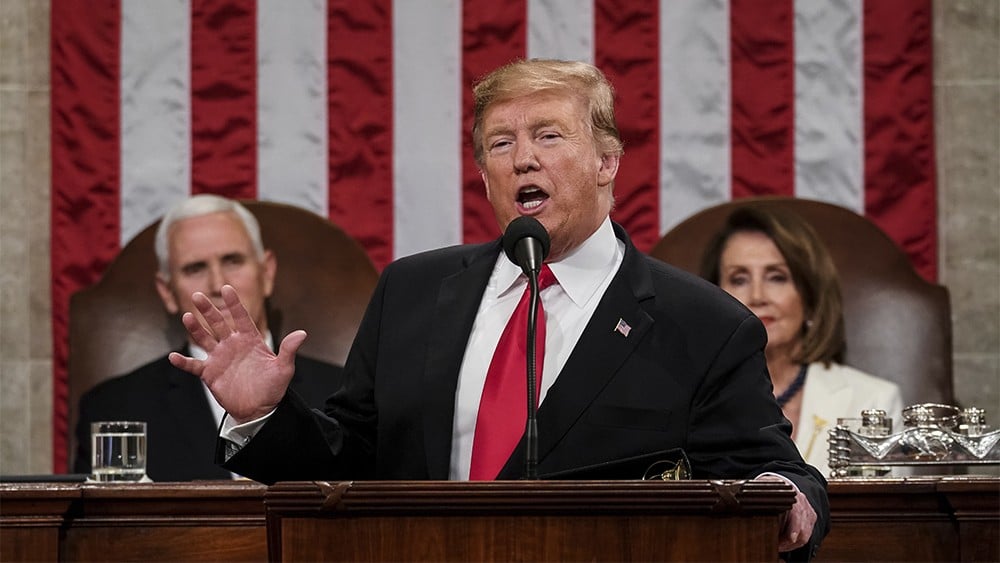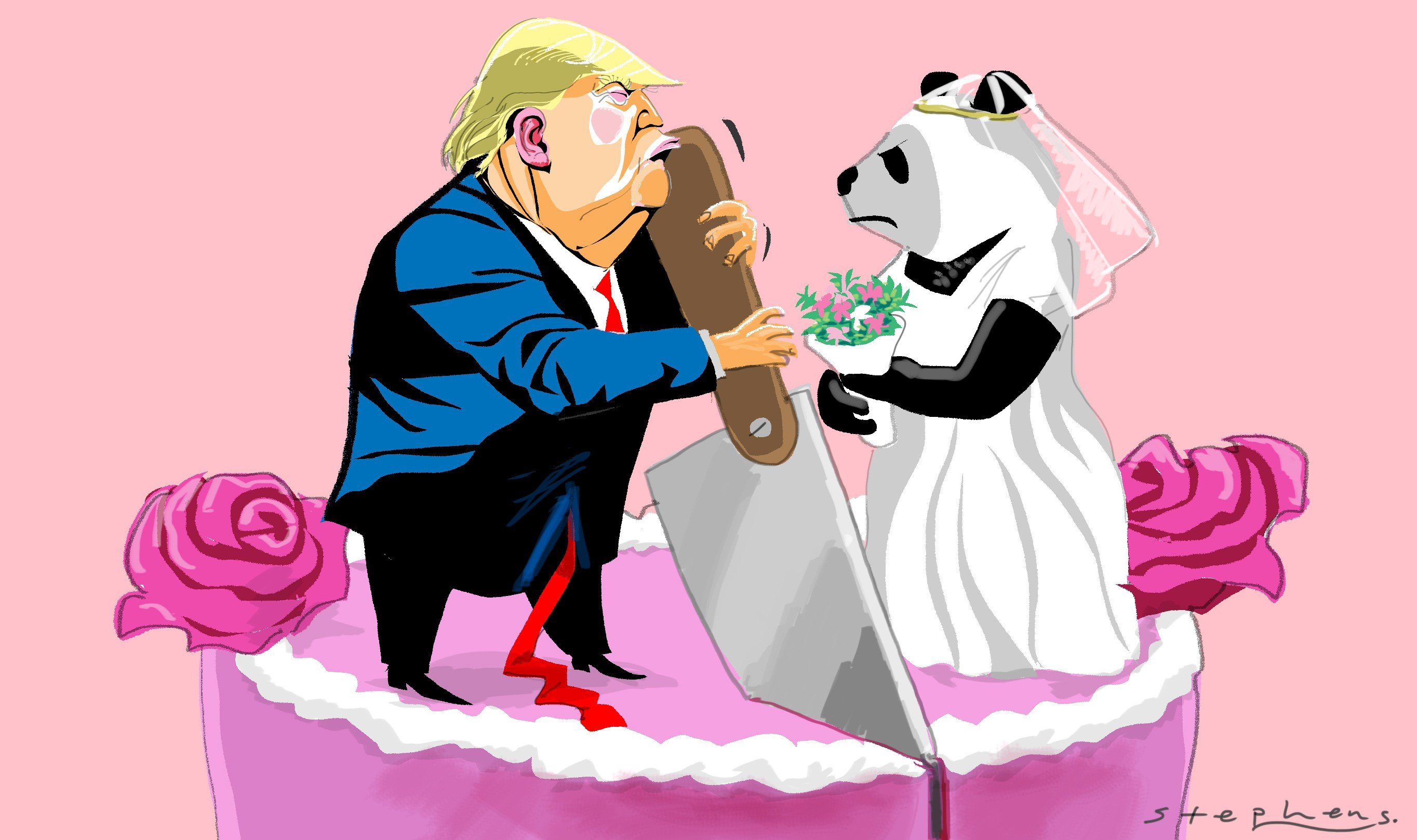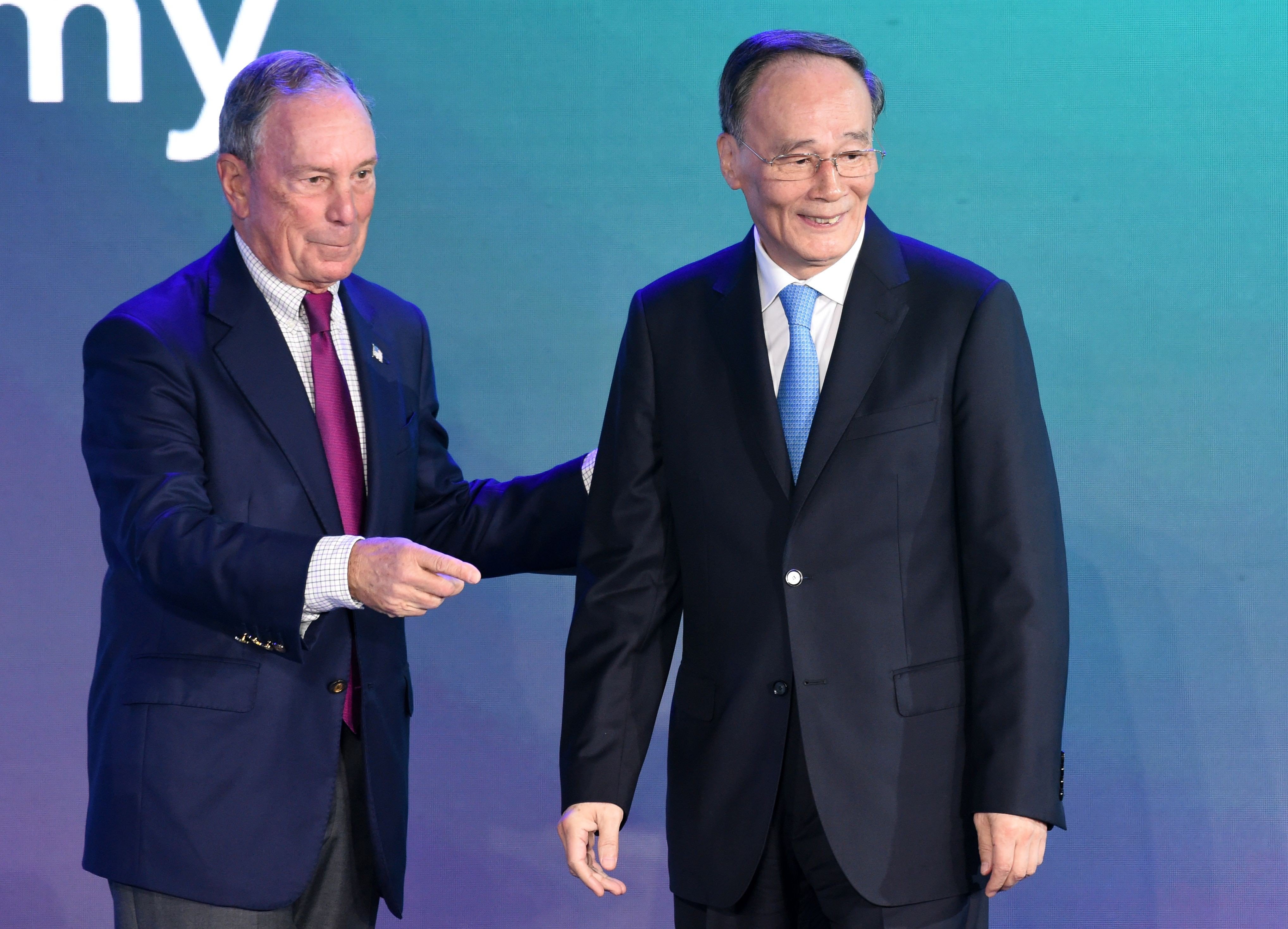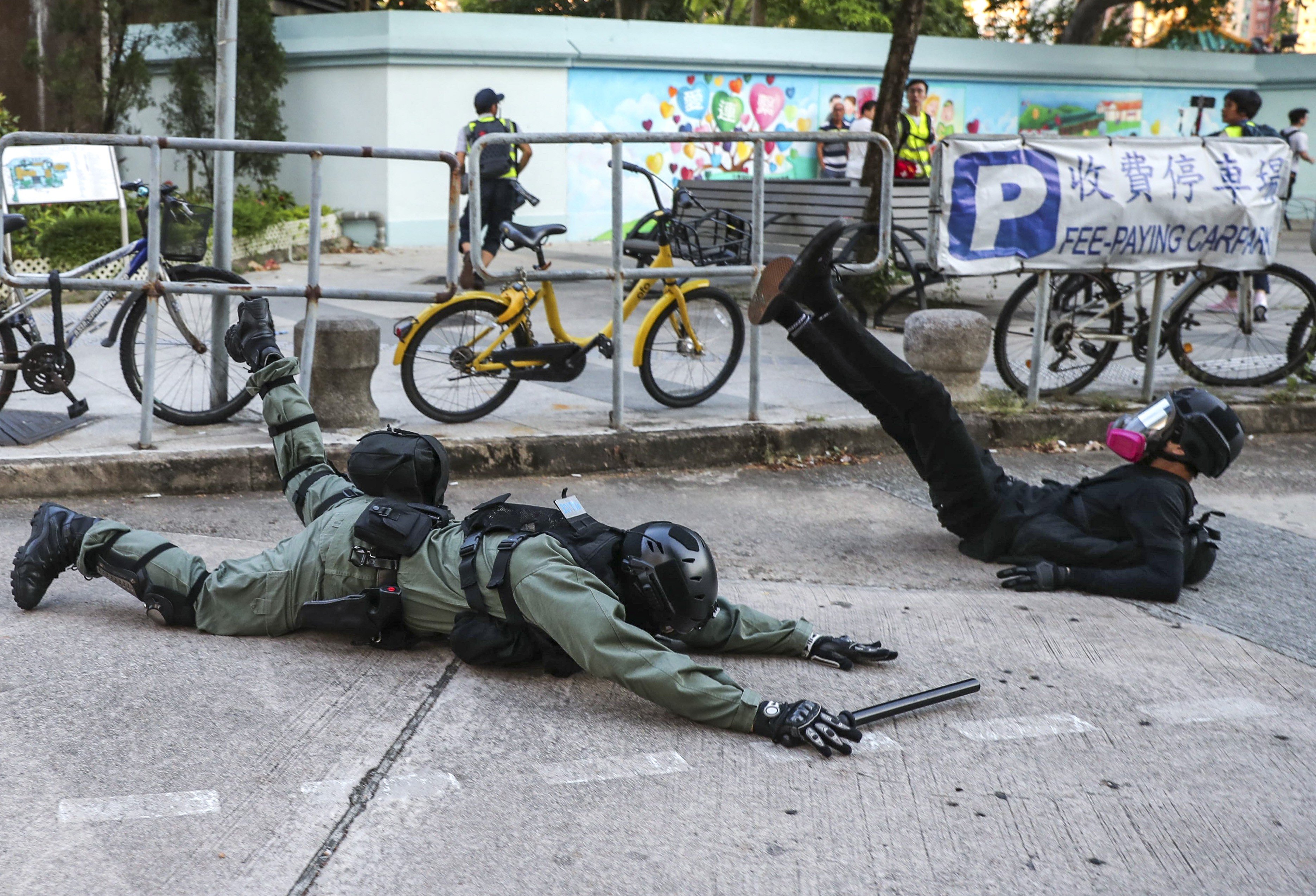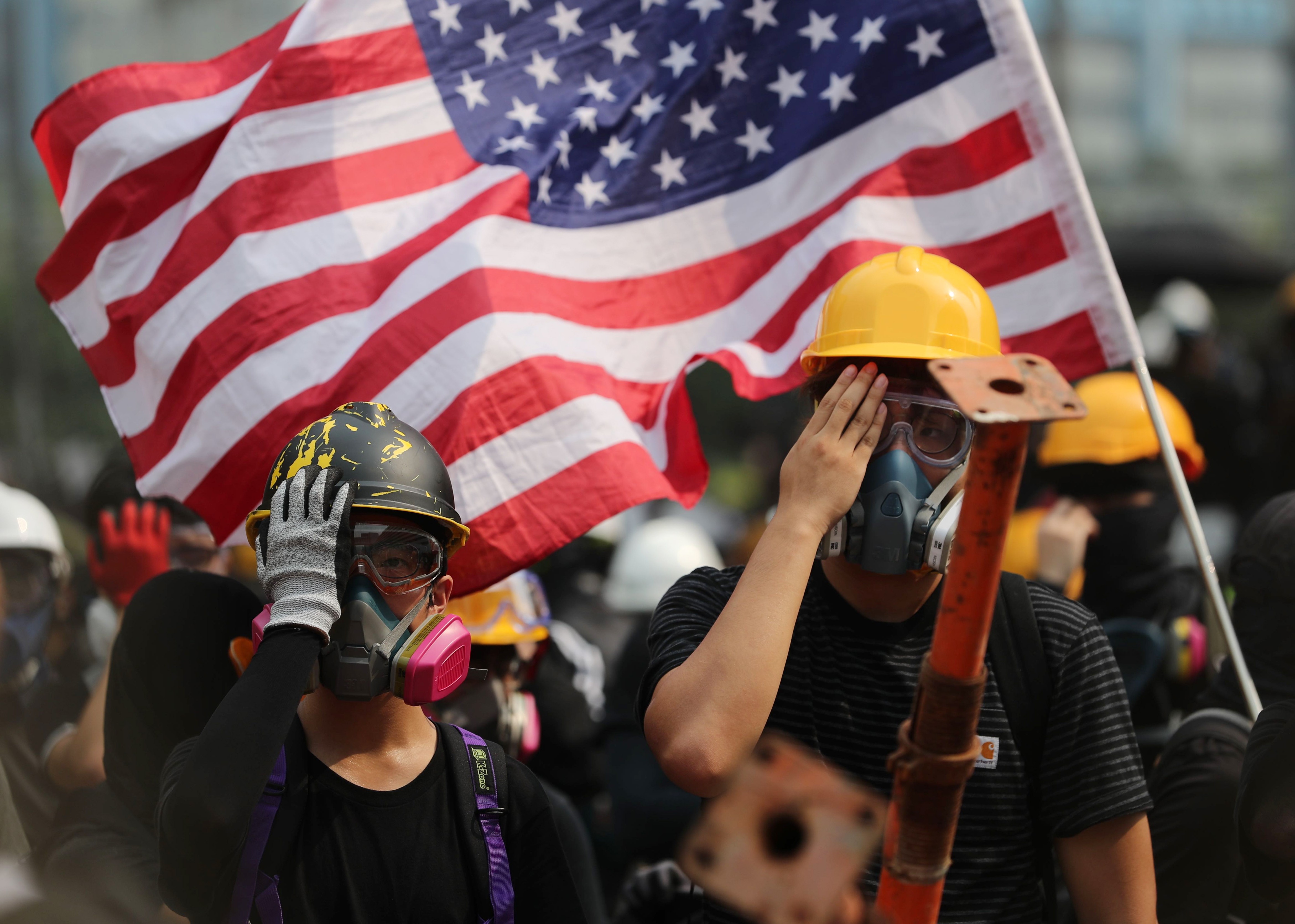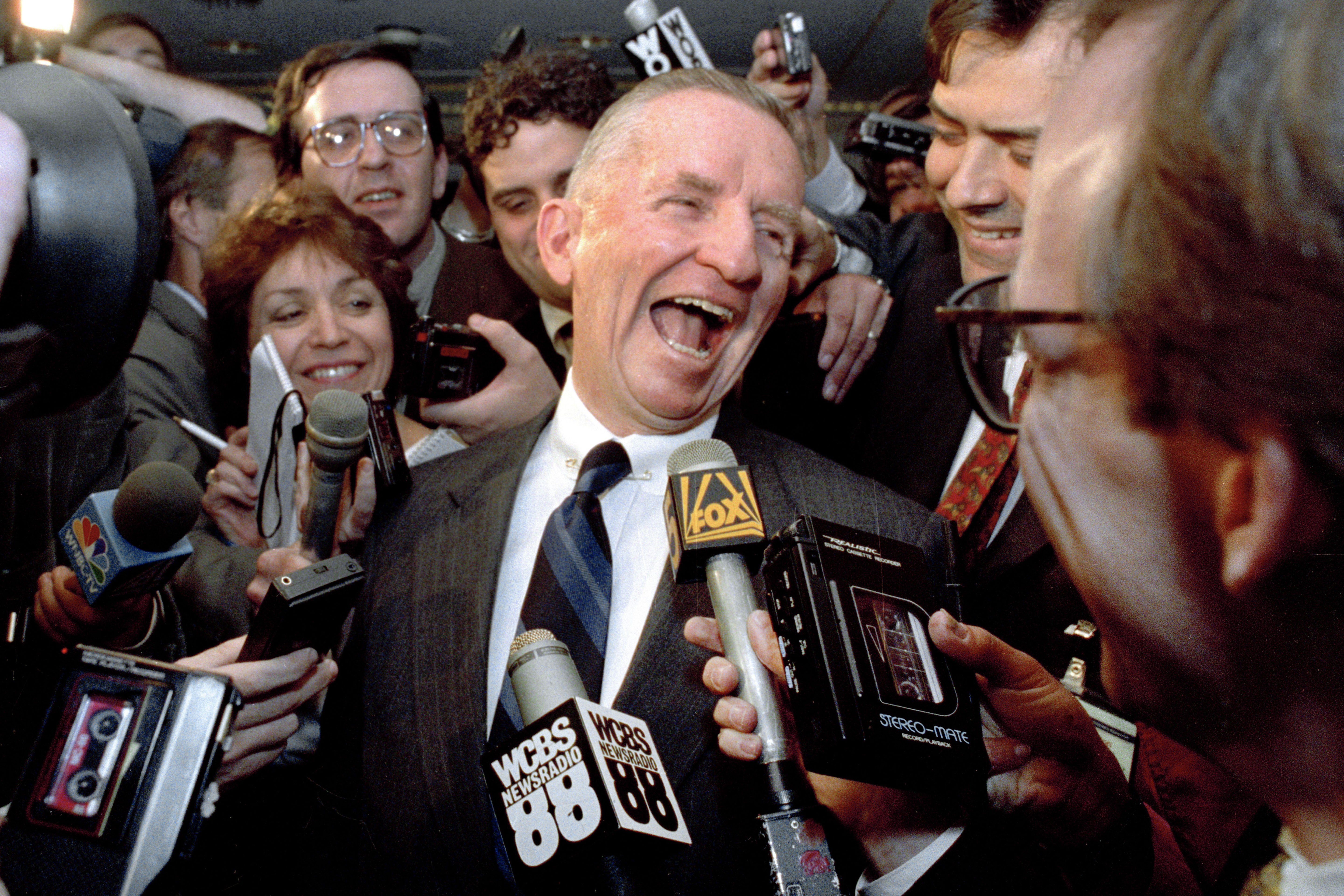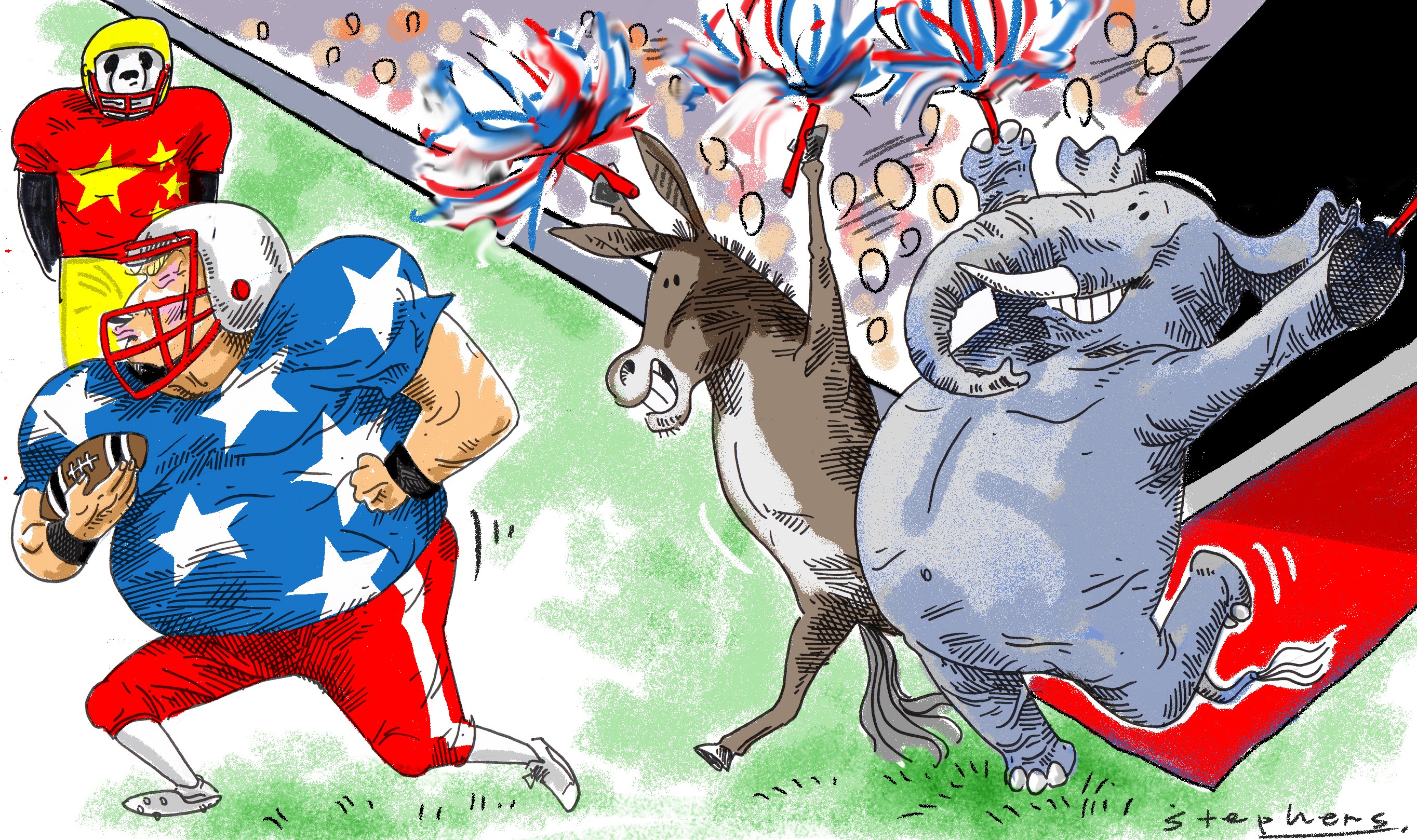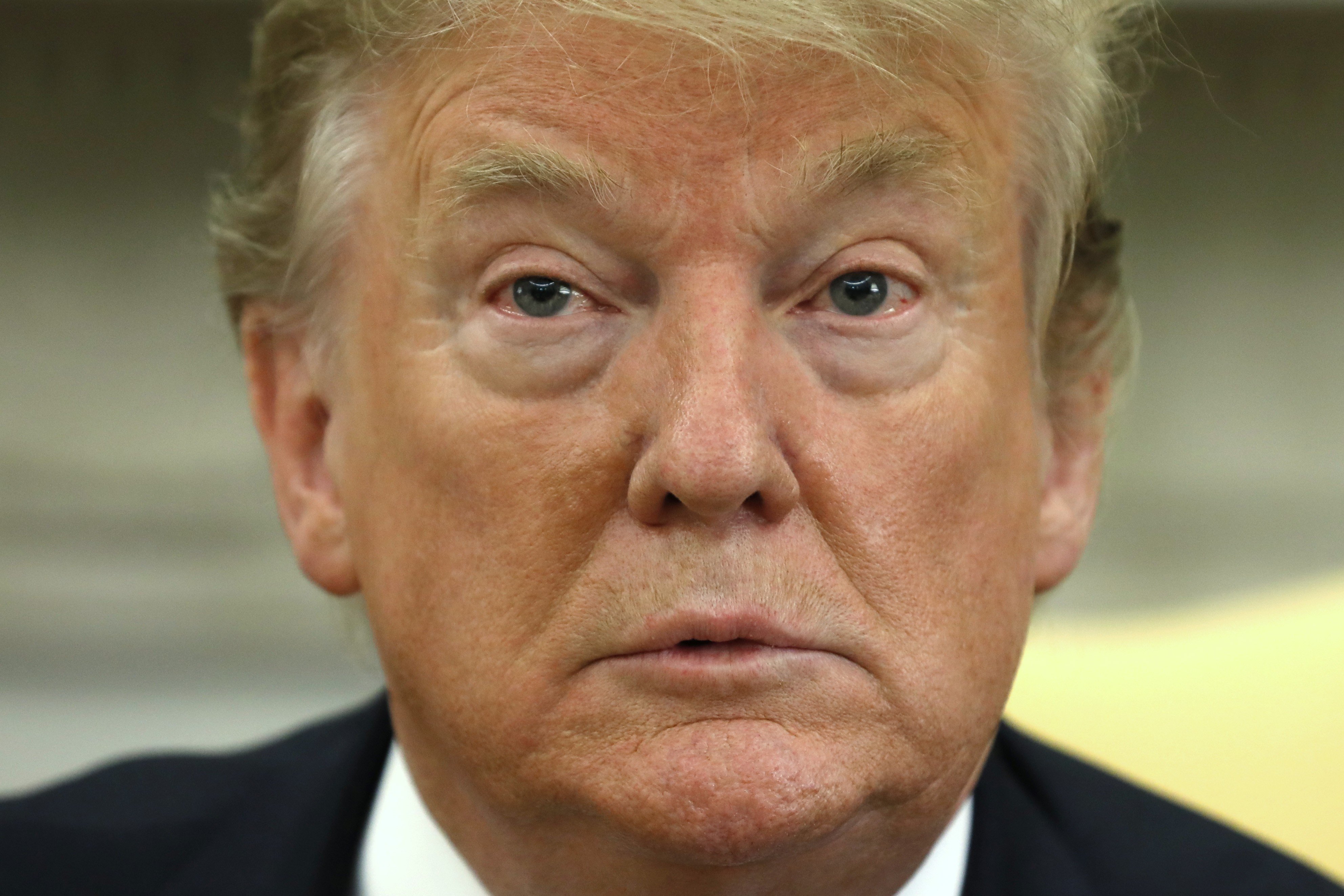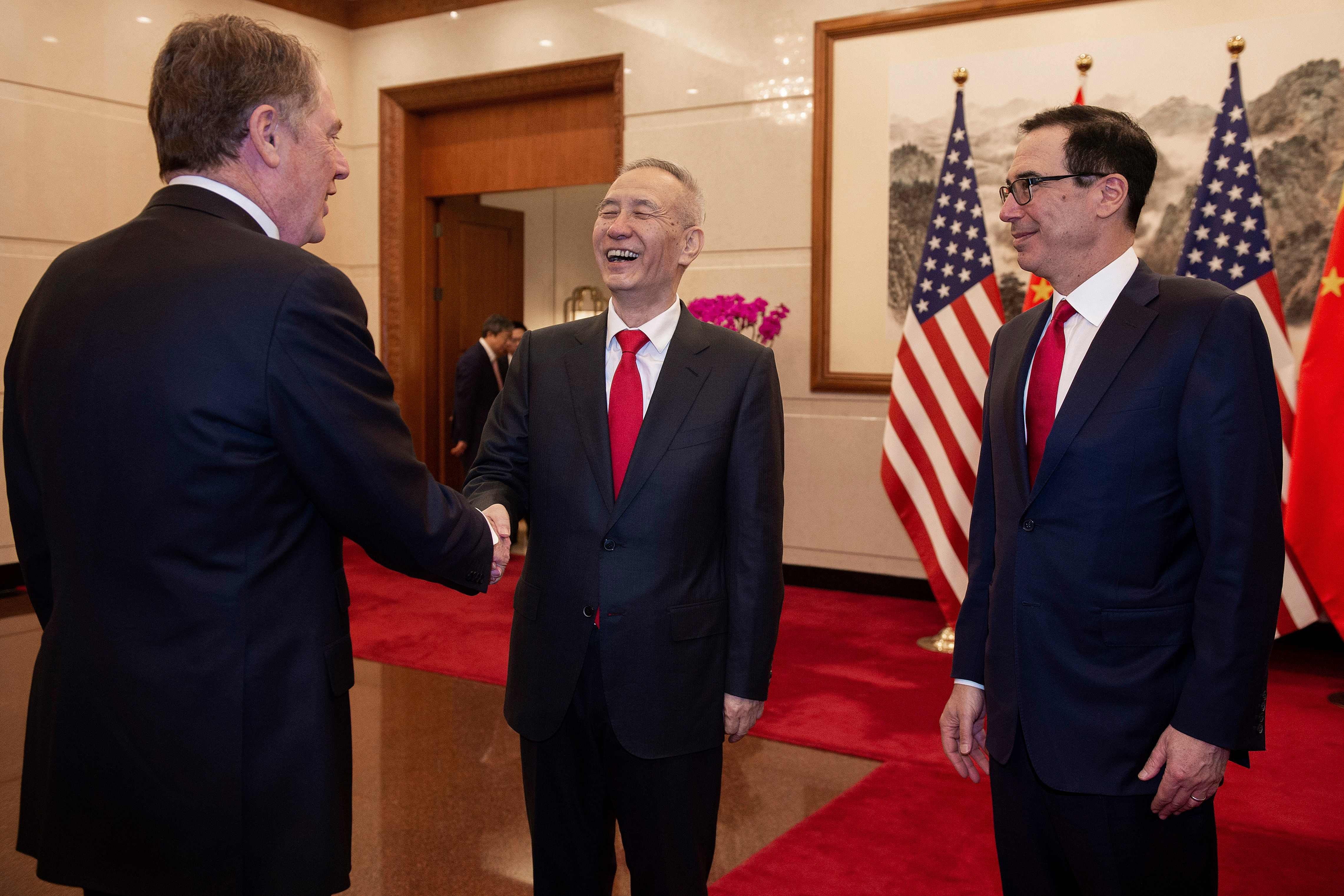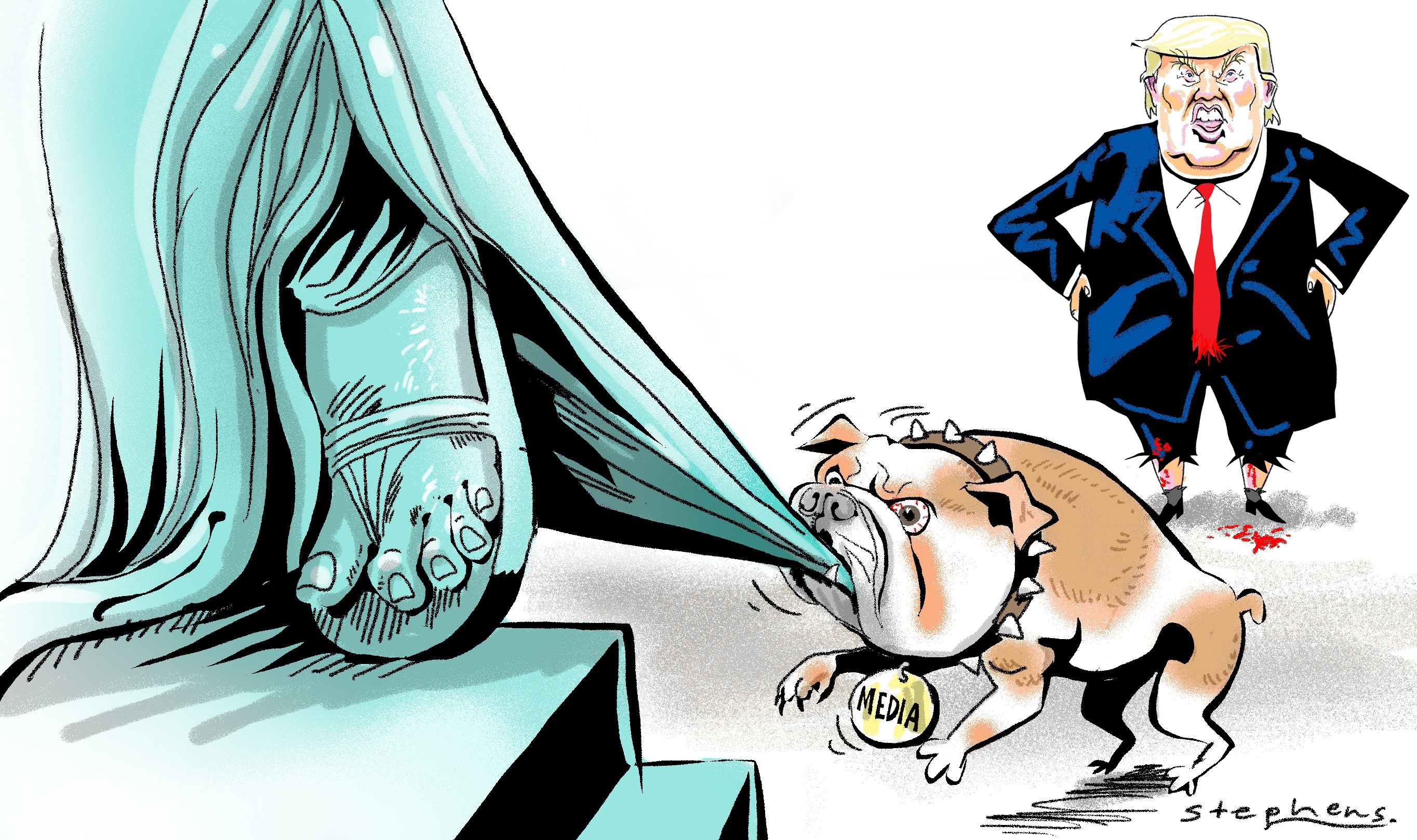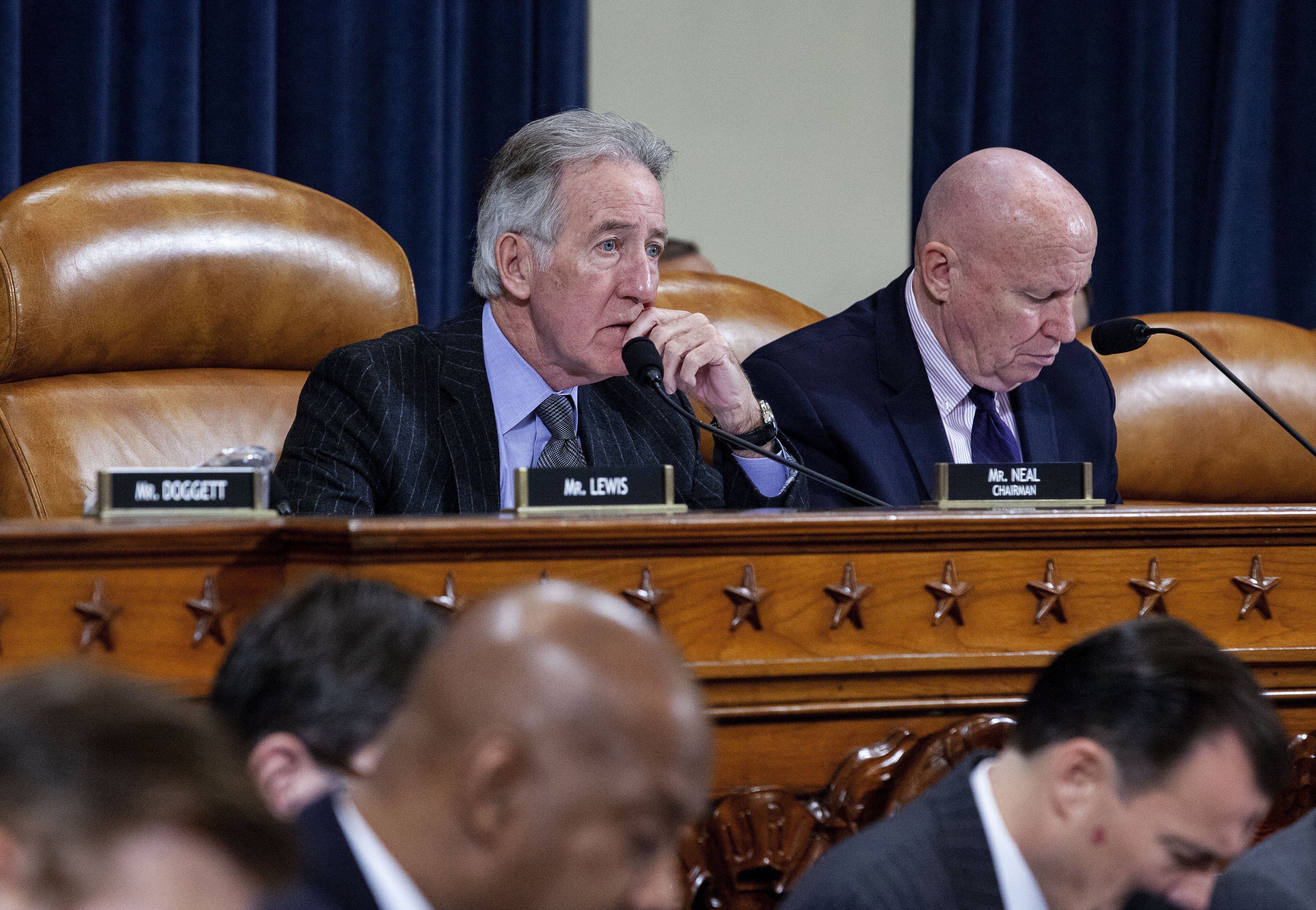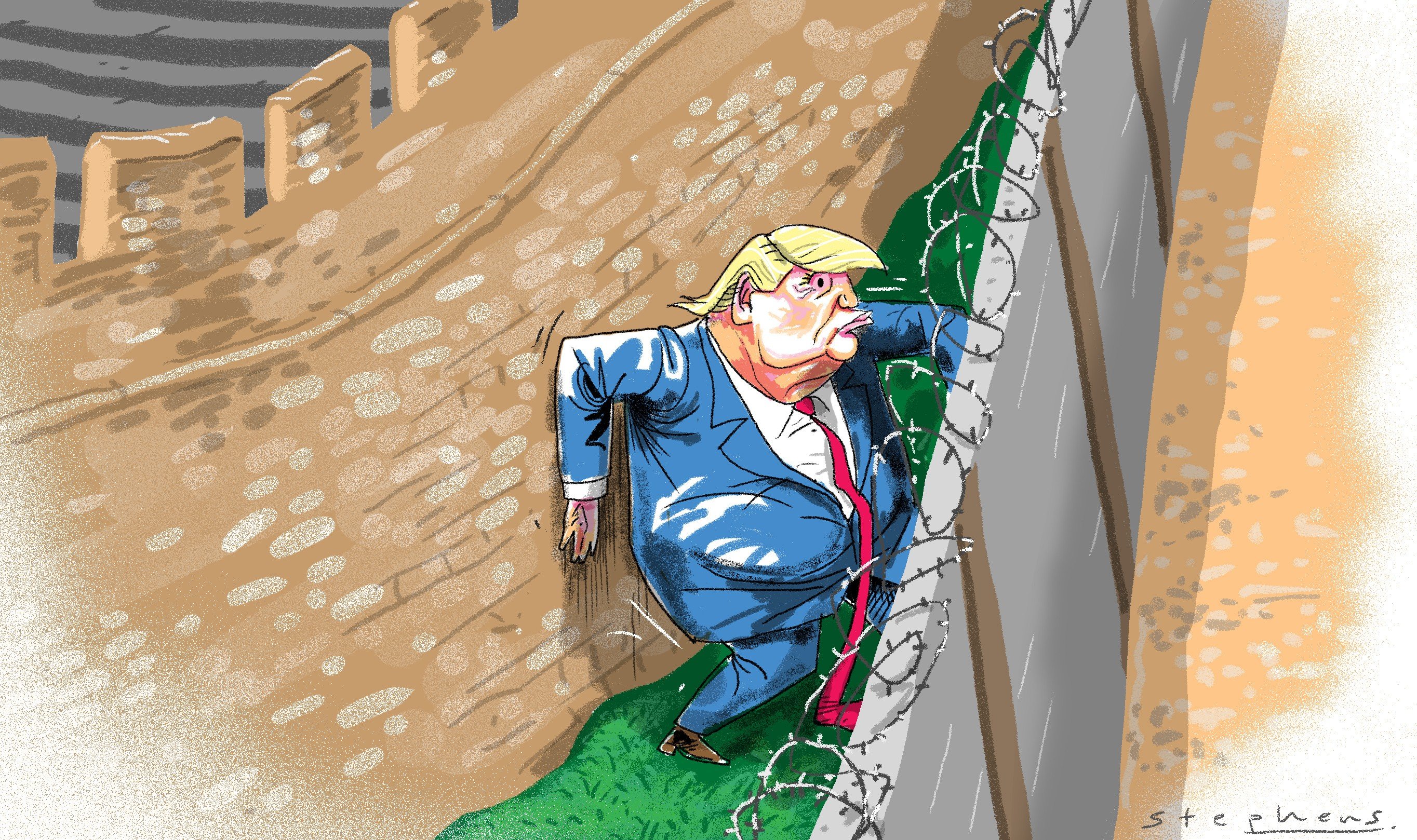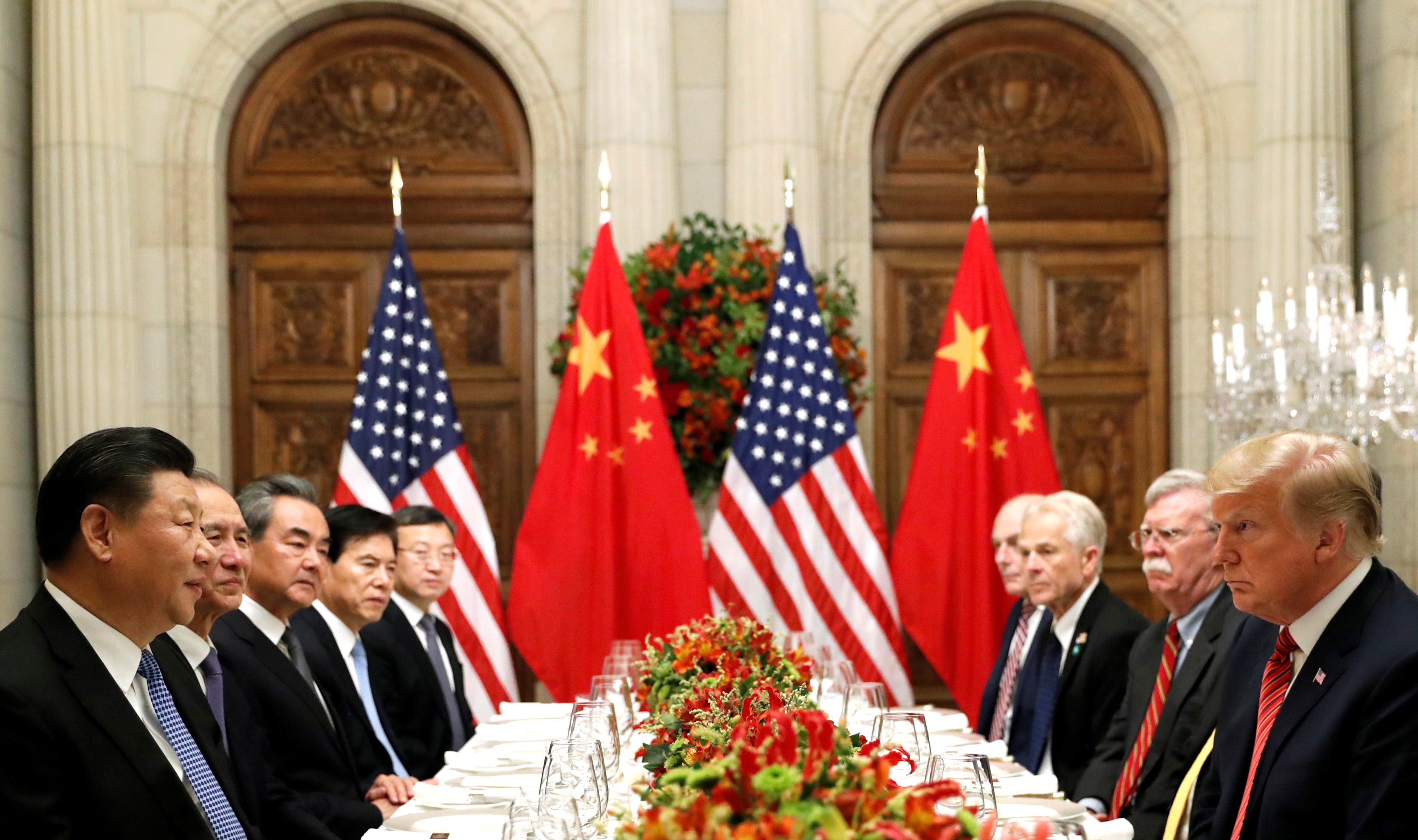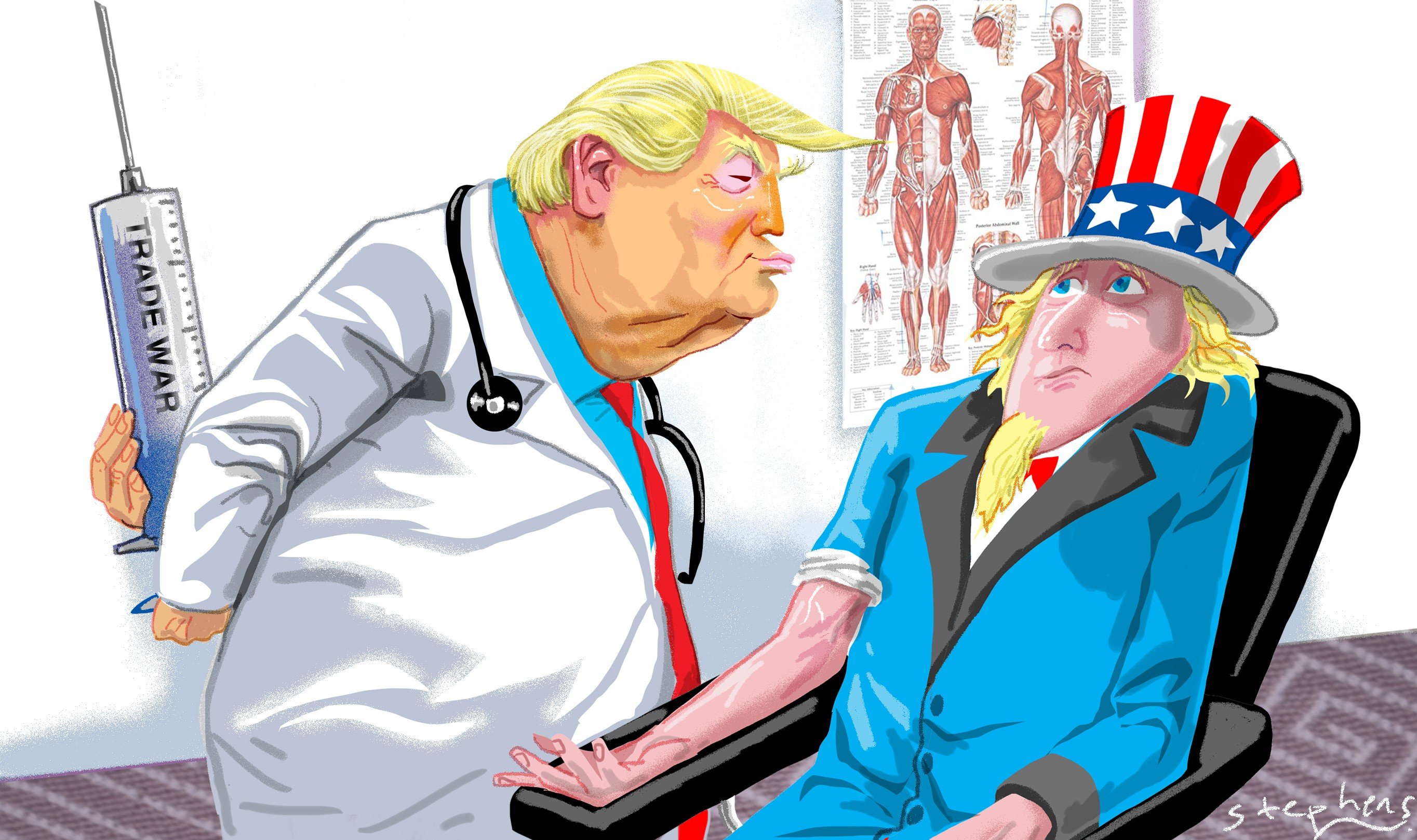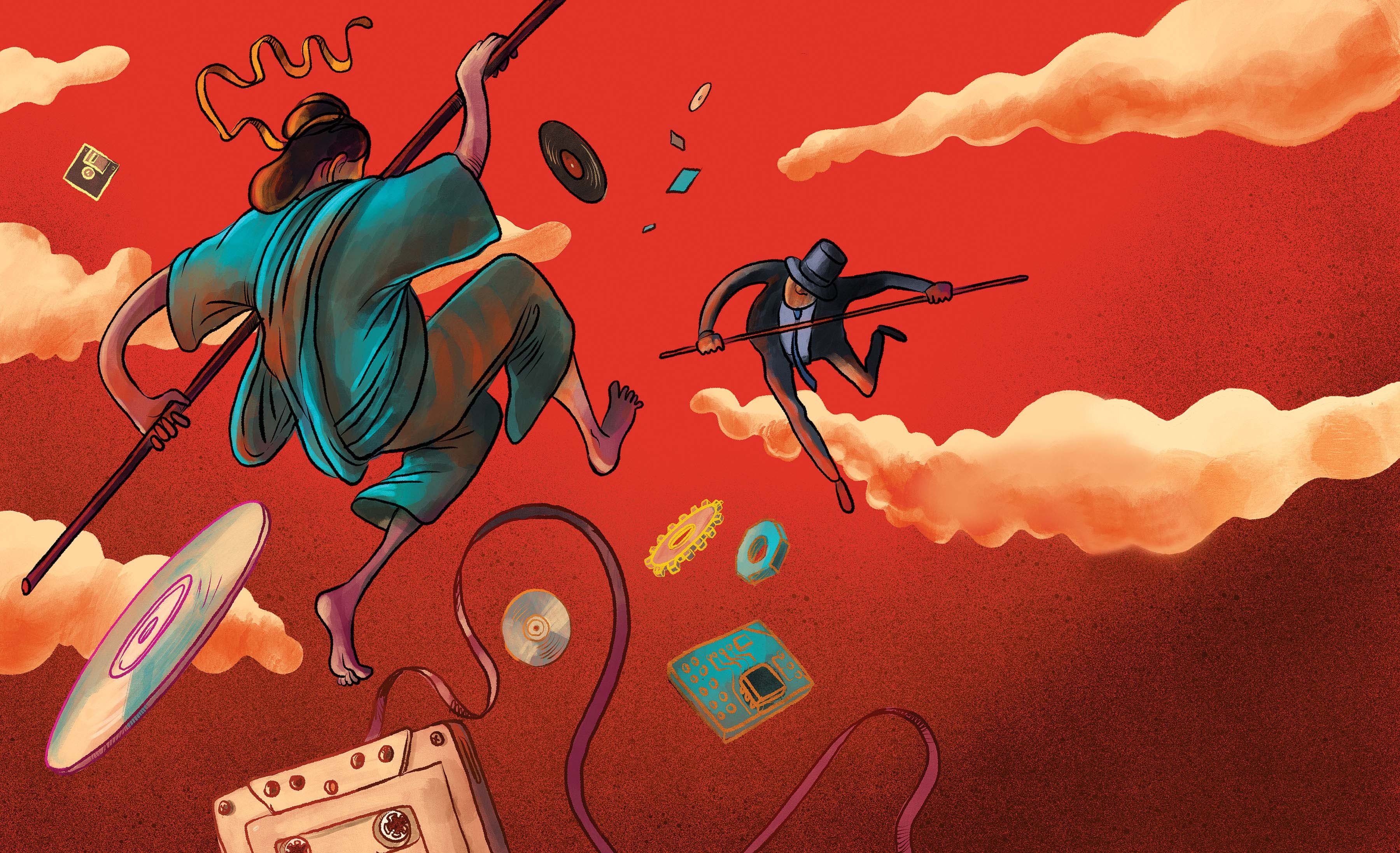Advertisement
Advertisement

Robert Boxwell
Robert Boxwell has worked and lived in the Asia-Pacific region since the early 1990s. He is an occasional contributor on business and regional issues to the South China Morning Post, Reuters, Financial Times and Bloomberg, and is writing a book on the history of US-China trade. He lives in Kuala Lumpur, where he is director of the international consultancy Opera Advisors. Find him on Twitter: @RobertBoxwellJr.
With Biden’s chances damaged, voters may reward a better-behaved Trump because his policies do appeal to many across the political spectrum
The closing of BuzzFeed News and the dismissals of Tucker Carlson and Don Lemon are good news for those tired of divisiveness in US media. Even so, reviving civility requires leaders who set a constructive example for a society worn out by constant polarising rhetoric.
Trump’s fading appeal among all but the most diehard of supporters means he is unlikely to get another stab at the White House. With the Democrats’ path to 2024 also fraught, Beijing and Moscow are the hands-down winners amid this division in America.
Musk’s biggest challenge will be how to deal with governments like Beijing, Moscow, Tehran and Kabul that censor Twitter while using it to push anti-US propaganda. To truly protect freedom of speech, he may have to block the government-linked accounts of any country that doesn’t respect it.
Advertisement
Media bias has gone from bad to worse, as both sides fight to attract a bigger audience. Meanwhile, the US president can’t stop his trash talk and unite the country against a virus that has so far killed 200,000 Americans.
Richard Nixon’s historic visit to China in February 1972 was closely observed across the globe. But with each side walking a delicate diplomatic high wire, the success of the trip largely came down to everyday gestures.
In an industry that has its fair share of naive investors and con artists, the improbability of Luckin’s claims and business model should have been easy to spot. Luckin’s fraud could not have come at a worse time for China’s honest businesspeople.
By fact-checking Trump but only belatedly getting to Chinese diplomats, Twitter has opened the door to a debate about who is posting what. With millions of Americans sickened by Covid-19 and opinion hardening against Beijing, Twitter may face a backlash.
The pandemic may have a ‘my enemy’s enemy is my friend’ silver lining for Xi. As bad as Covid-19 has been for China’s image around the world, it may turn out to be a godsend for Xi if it means the end of Trump in the White House.
We have had plenty of opportunities to learn from crises across Asia over the past 25 years, and though Covid-19 is different from previous disasters, we will recover from it.
The Chinese Foreign Ministry spokesperson’s recent retweet of an article blaming the US for infecting Wuhan with coronavirus provides one clear example of how governments and their agencies can manipulate facts and blur reality to disrupt and control the public narrative.
Once again, two questionable candidates are vying for the Democratic presidential nomination. One has been named in a scandal, and the other likes Fidel Castro. Worryingly, Democrats don’t seem to have figured out how to beat Trump.
US allies who hesitate to keep Huawei out of their 5G networks are not only afraid of reprisals from Beijing but also find a Trump-sponsored policy a hard sell. Worse, they are unsure the US will be there for them when the dust settles.
While last week might have been a dramatic one in American politics, it also shows that the checks and balances written into the Constitution are working. Hysterical, dishonest, hyper-partisan politicians, however, threaten the system.
Trump and his team understand that China’s world view is shaped by a desire for stability and its narrative of a ‘century of humiliation’ at the hands of foreign powers, and that it is unlikely to yield much to the US.
Voters in 2016 liked Trump’s promise to stem the tide of illegal immigration, tackle trade with China and defeat Islamic State – and they still do. Unless Democrats can put up a credible candidate willing to deliver a similar agenda, they will lose.
The billionaire’s history of self-censorship with regard to China is a liability with voters that his rivals in the presidential race would seize on. This would make China-related issues a focus in the election, a turn of event Beijing would not welcome.
Continuing the violence will only erode global support for the protesters’ cause. Peaceful protests are the only way forward in a deeply divided Hong Kong.
The violent suppression of the Hong Kong protesters could have stark consequence for world trade, and even world peace. It is therefore in world leaders interests to draw clear boundaries for Beijing over how to respond to them
Perot was the original quotable outsider businessman to become presidential front-runner through free trade scepticism. His strange 1992 campaign may also have got Bill Clinton elected, setting the wheels in motion for Trump’s rise.
Beijing’s decision to substantially revise a draft trade agreement and the veiled threat on supplies of rare earth metals have provoked Americans who believe Washington is making a fair request for market access and an end to tech theft.
If the US loses its technological edge, the trade war is irrevocably lost. Not just Trump but many Americans believe it would be better to have no deal at all than one that fails to satisfy the US on the intellectual property issue.
Watching the US inch toward a watered-down trade agreement is like watching the big dumb guy reach for a doorknob in a horror movie
Determined to smear the US president while attracting more readers, the US press, including respected newspapers, sold a story of collusion with Russia that rested on questionable foundations. In the process, democracy began to look less credible.
The US president opened the door to the trade war but may not be able to shut it – now both parties in Washington and allies abroad are pushing for massive changes to China’s economy.
Trump is stuck. If he strikes a deal with Beijing, it may hurt his chances in 2020. If he doesn’t, Wall Street will punish him. Meanwhile, Beijing is monitoring his border wall negotiations, to see if he is a sell-out.
Beijing and Washington can’t even agree on who started the trade war. Nor it is clear how the US intends to verify China’s compliance on the issue of intellectual property theft, which Washington sees as a security threat.
Despite their divergent views on trade with China, White House trade adviser Peter Navarro and former Treasury secretary Henry Paulson agree that there will be no quick fix to the trade war – now it’s up to Trump to tell Americans.
As Donald Trump does what previous American presidents have failed to do: try something – anything – to curtail the mass transfer of technology to China, we look at tariffs in the context of US efforts to rein in abuse of intellectual property rights
The first article in a two-part series exploring the trade war between the world’s two superpowers argues we should have seen it coming.

